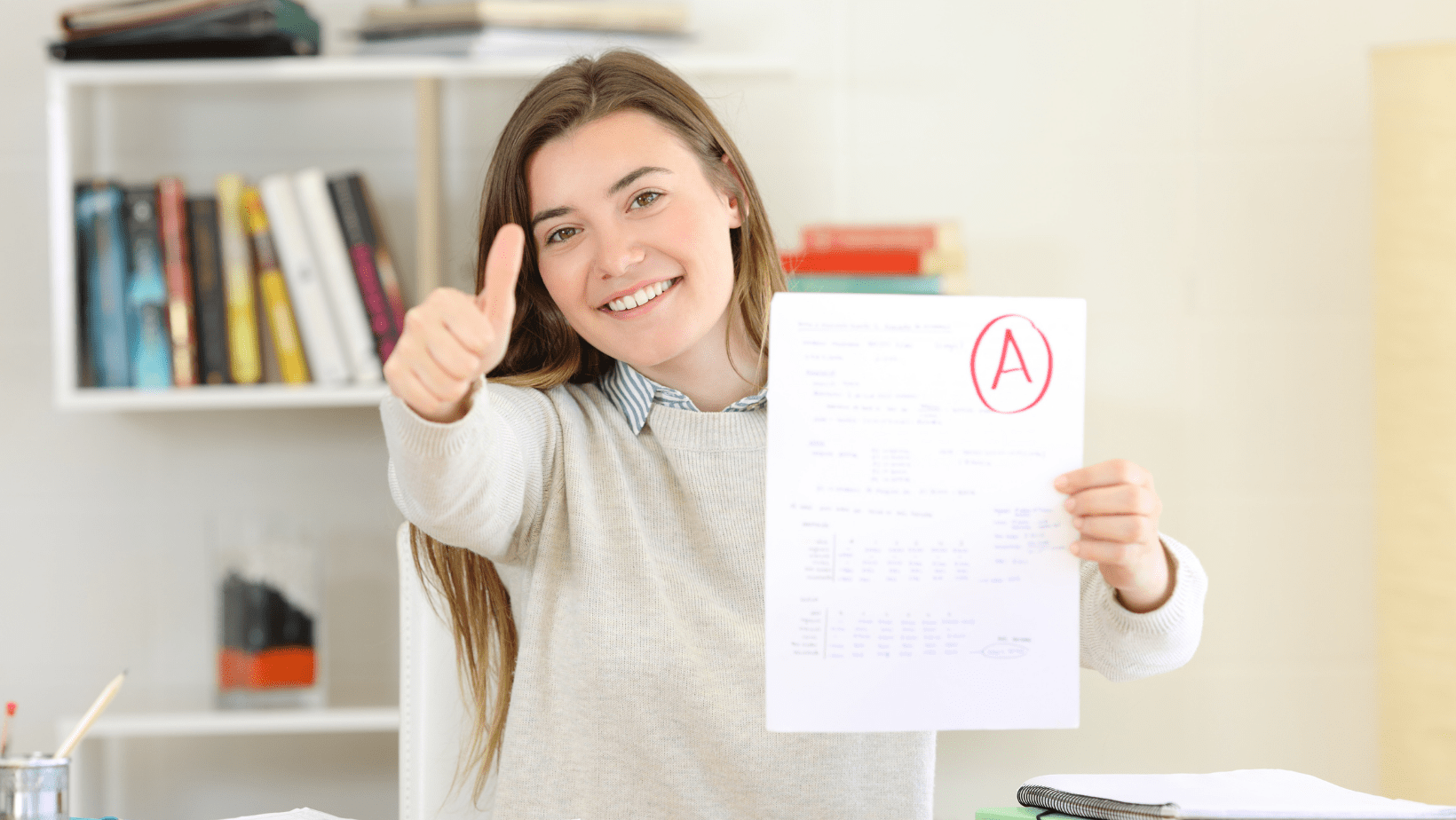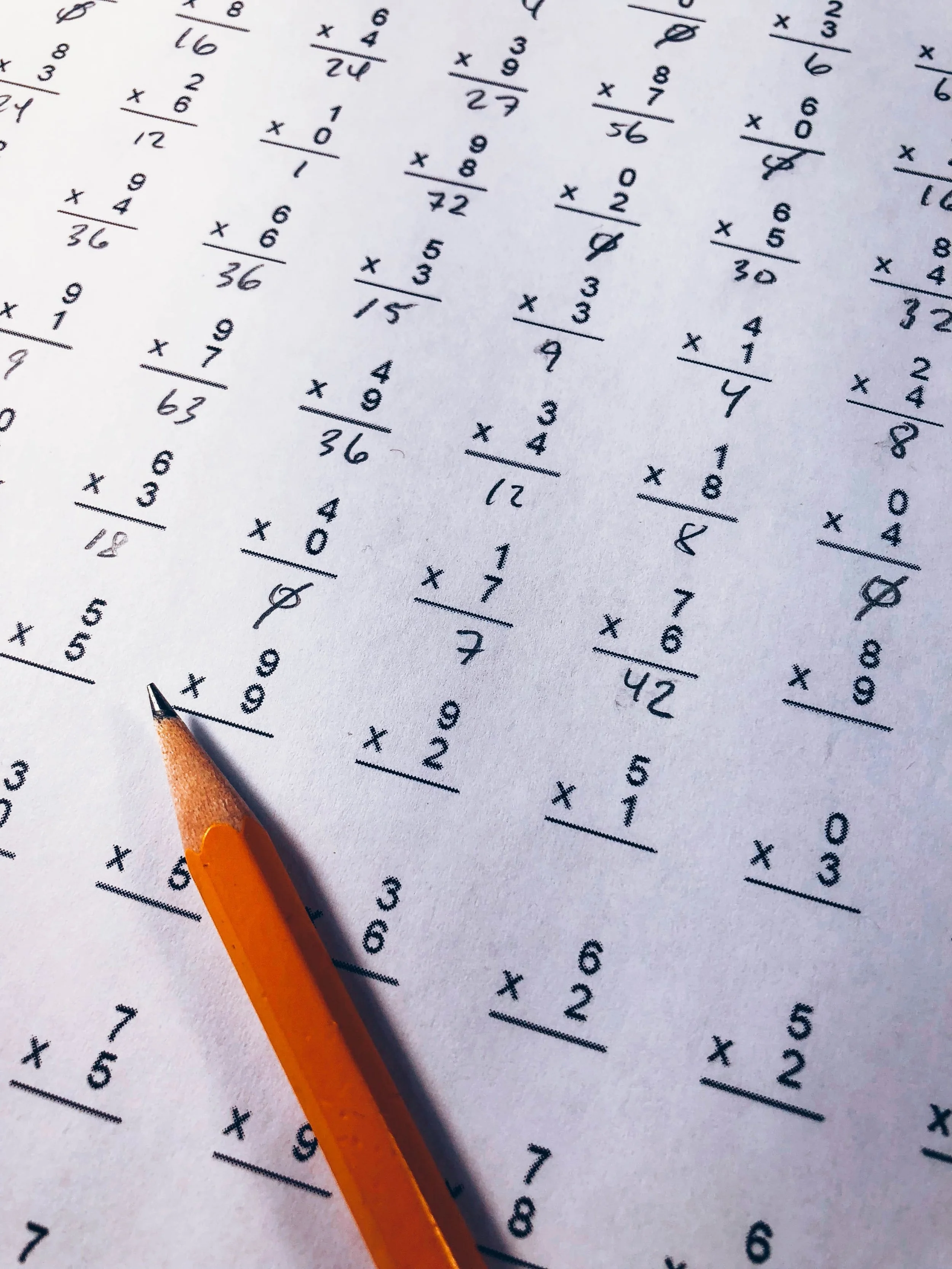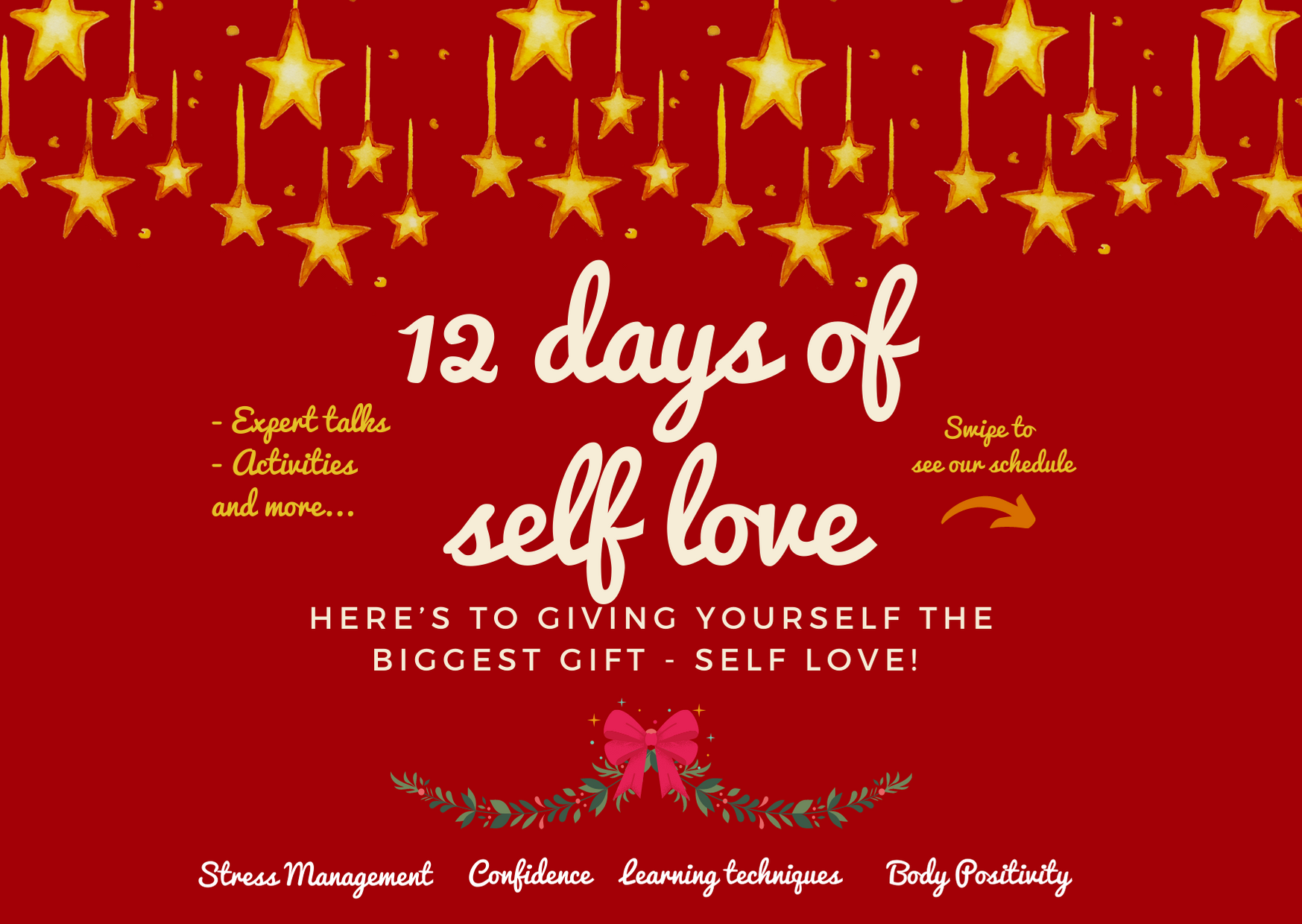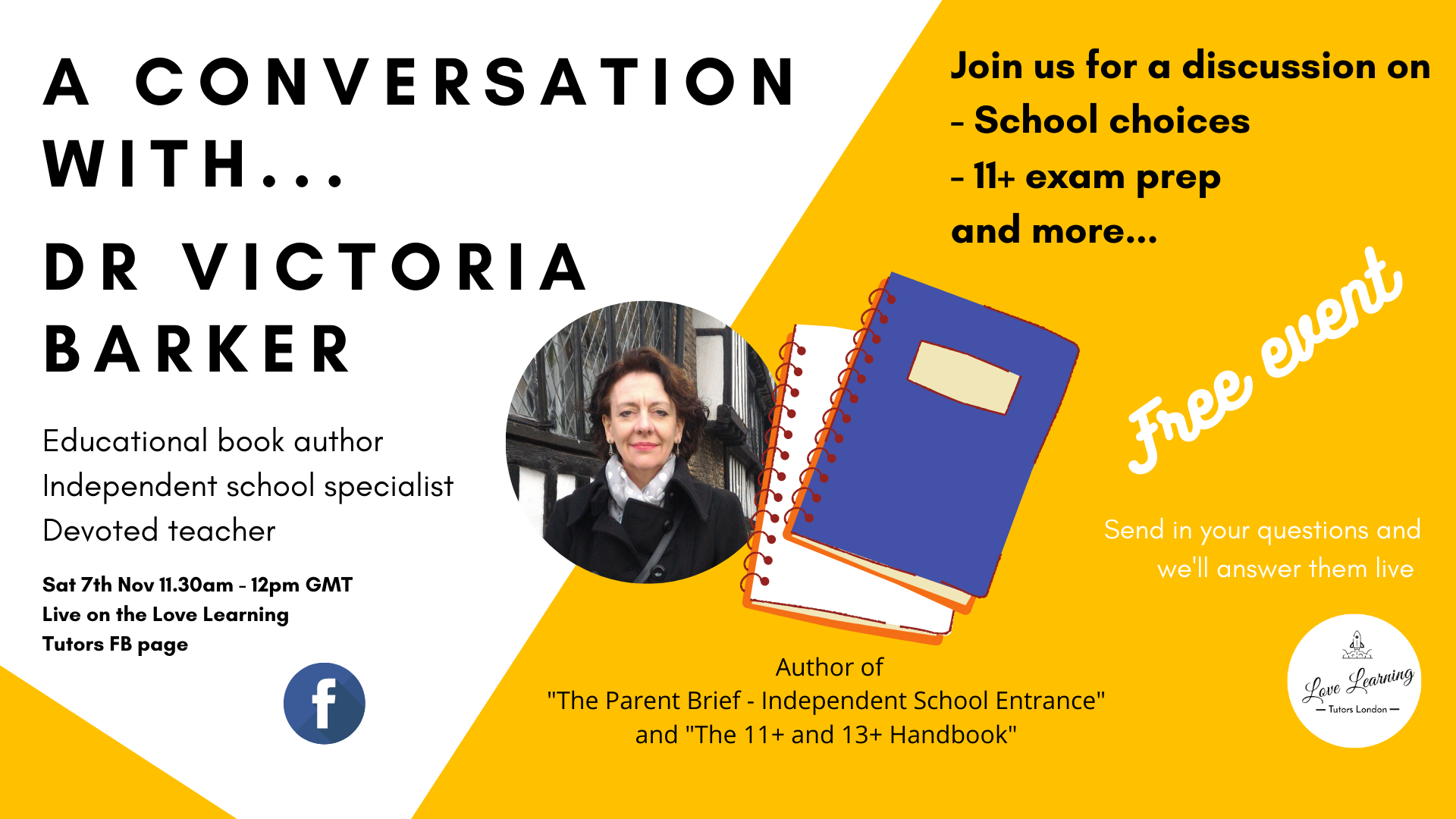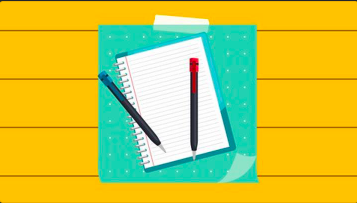
The power of time alone - 7 reasons why alone time is essential for students
When I was a teen, I could think of anything worse than time spent alone. My mum used to joke that our house was like a hostel with a constant influx of young people coming through the door. As soon as one person left, another arrived. She used to ask me, what are you running away from? Why can’t you be alone?
How to improve focus
That little computer in your pocket, your phone, was intentionally designed to be an addictive distraction. Each app is carefully designed to get you checking for updates over the day. Social media, Netflix and Youtube vie for your attention.
What to do when you compare yourself to others?
Other people’s beauty does not make you ugly. Don’t let another’s happiness make you sad. Be inspired to find your own path, your own strength, ideas, style, ambitions, insights, errors, education and grace. Offer yourself all you have. Accept yourself gratefully. - Rikki Beadle Blair
How to read faster for students
Ever thought that you had the potential to read faster and remember more? Like anything else, speed reading can be practised and improved. Try these speed reading methods once you’ve found the right environment for focused reading. It could be in a cafe or listening to classical music in a clear space, free of distractions.
4 habits of a high-achieving student + pre exam ritual
Rather than focusing on the goal, James Clear, author of Atomic Habits, says that small incremental, everyday routines compound into massive change over time. Goals can sometimes feel quite far away, but what action can we take now? By taking on the habits of high-achieving, engaged students, we take steps toward becoming the type of student we want to be.
What time of day are we most productive?
Our brains don’t run as smoothly as our phones or laptops every hour of every day. For example, after you’ve eaten lunch, you may have noticed a dip in energy which may be why you routinely make yourself a cup of tea or coffee. When is the optimal time to do certain tasks?
3 ways to use the science of learning for revision
Ever thought that you had the potential to use your study time more effectively? Ever thought you had the ability to remember more? We’ve all spent the night before a test cramming, red bull in hand, in the hopes that what we’re reading will stick, just long enough to write it in the exam paper. It’s a risky business.
How to make mistakes needed for school success - Top 3
Each year end and beginning makes me reflect on the year’s wins and losses. If I’m really honest with myself, there isn’t a thing that I’ve tried and failed at miserably later to regret. If anything, those moments that have been spent picking myself up after a failed attempt have further fuelled me to regroup, re-strategise and try again. They have made me more determined, resilient and confident in my skills to land on my feet.
11 plus maths learning resources - workbooks, worksheets and games
Check out our list of Maths workbooks, worksheets, online games and adaptive learning platforms to make sure your child is on top of KS1 and KS2 foundations. Familiarity breeds confidence for 11+ preparation. Suitable for children aged 7-12.
Gratitude gift ideas - in and around Notting Hill
Whether you celebrate Christmas or not, the end of the year is always a great time for reflection and appreciation. 2020 and 2021 have been, for the most part, a challenging and tiresome experience. But it must be said that there have been some silver linings and we still have a lot to be thankful for.
5 films about history that you and your children will love!
Fun and educational is the best combo! With the curriculum in mind, we created a shortlist of blockbuster films that you can enjoy with your children to make the subject matter come alive and spark some lively conversations around the dinner table.
August book bonanza reading list
As ambassadors of education, we always look for motivating ways for our students to get more out of reading. Effective teachers and tutors integrate various methods in our lessons to fit each children’s needs. Since August is Book Bonanza month, we listed some of our favourite books that spark lively conversations and help us reflect.
How to approach problem solving
The phrase problem solving has been a buzzword in education in recent years. Containing more content, it is an express aim of the new-style GCSEs to train students to become better problem solvers. However, whilst a lot of time in the classroom is spent learning topics, problem solving skills are different.
How to Analyse Fiction for GCSE
Analysing fiction can seem like an intimidating task and it does take some critical thinking. However, it does not have to be a mystery! We’ll break down how to analyse fiction texts here.
Book Recommendations for Key Stage 1
Ranging the ages of 5-7; Key Stage 1 in school terms refers to when most children learn to read. This is such a crucial time to establish a love of books for your child, and encourage them to ask questions, be curious and eager to learn.
How to deal with the GCSE cancellations and school closures in the UK
The national lockdown rules in the UK have brought extensive changes including school closures and the cancellation of GCSE and A-level exams, with teachers’ estimated grades being used instead. Both primary and secondary schools have moved to remote/ online learning, with an expected 3-5 hours of teaching per day.
12 Days of Self Love: Stress Management, Confidence Building, Learning Techniques and Body Positivity
This year, we believe the best way to celebrate the festive season is with the gift of self-love. Especially with the number of curveballs 2020 has given us, it’s so important to focus on your physical and mental health. With this in mind, we’re kicking off December with some mind nourishing content!
November Events Line up: Free Live Q&A sessions for parents, Udemy course and more!
It’s November! And boy, are we excited about everything we have in store for the month! Interactive live Q&A sessions with industry professionals to guide parents through tough spots in their children’s education and life, our exclusive Facebook Group creating a community of students and parents to discuss, debate, and learn, and even our first course on Udemy! Click to find out more.
How to write to argue & persuade - GCSE English Language Paper Two, Section B
The writing section of the GCSE English Language Paper Two, Section B requires you to express a viewpoint. A written argument is very different from a verbal argument. It must include a formal, fair and well-structured approach that makes it clear to the reader that you have weighed out the pros and cons before coming to your own perspective.
Udemy course: How to write a killer essay
We’re thrilled to announce our first Udemy course ‘How to write a killer essay’. Learn the essay writing formula.





